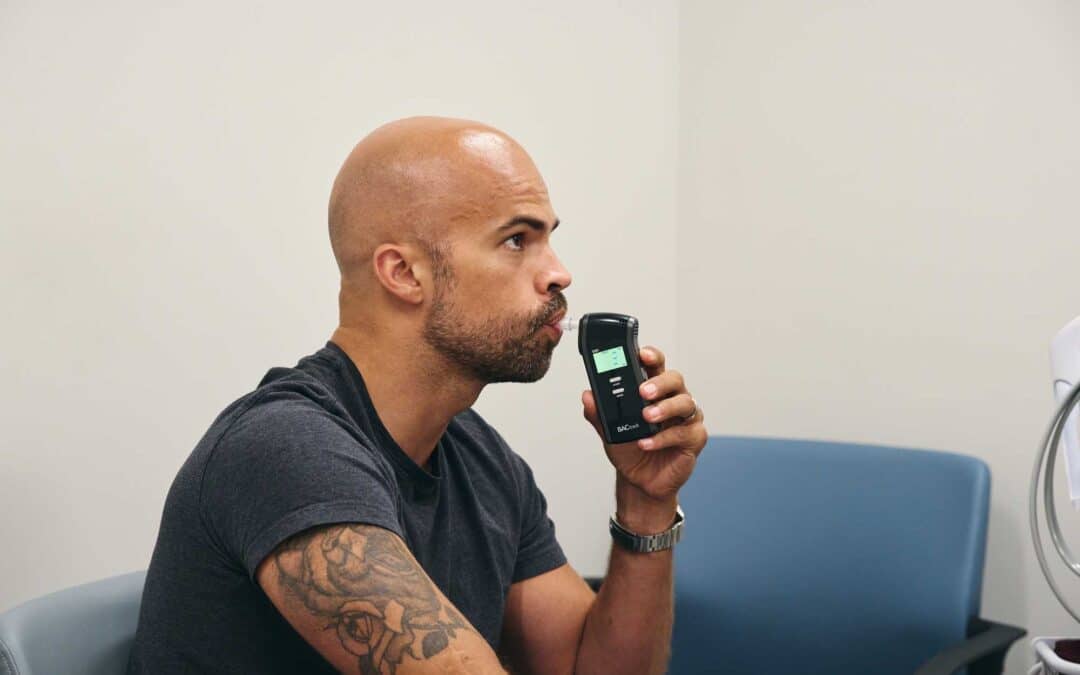Although our society accepts a certain amount of alcohol use in social situations, it can be addictive and highly dangerous. If you or someone you care about has been drinking regularly over time, you may be concerned about what will happen if the drinking is stopped. When the body becomes used to the constant presence of alcohol, it makes certain changes to help it function. Then, if the person stops drinking suddenly, the body’s systems have trouble functioning. This is the process of addiction and withdrawal. It can be reassuring and helpful to expand your knowledge about alcohol detox and give you some idea of what you or your loved one can expect when stopping drinking.
#1: How Do I Know If I Am an Alcoholic?
It can be difficult to know whether or not you have crossed the line from just drinking to being an alcoholic. You might think you would know if you or a loved one were addicted to alcohol. Still, many alcoholics can function in their daily lives without others knowing and sometimes without realizing how far their drinking has progressed. Here are some signs that you might have a problem with drinking:
- Hiding your drinking or trying to conceal how much you drink
- Drinking at inappropriate times such as first thing in the morning or at work
- Getting “the shakes” when no alcohol is consumed
- Other people speaking to you about your drinking
- Becoming upset when alcohol is not allowed or unavailable
#2: What Are the Symptoms of Alcohol Withdrawal?
Everyone’s experience with detox is different because many factors can impact how the body withdraws from a substance. How much a person drinks, how long they have been drinking, their overall state of health, and several other variables will determine the symptoms, length, and severity of their withdrawal experience. Alcohol detox can be very uncomfortable and potentially dangerous, so many individuals attend an alcohol detox program or an alcohol treatment hospital. Some of the symptoms often experienced are:
- Sleeping problems such as excessive tiredness or insomnia
- Anxiety, depression, and other psychiatric symptoms
- Intense cravings for alcohol
- Elevated or rapid heart rate
- Hallucinations
- Nausea and vomiting
- Confusion or disorientation
- Seizures
#3: Why Can’t I Detox From Alcohol At Home?
It is highly advised to seek treatment from a medically-supervised alcohol detox program because alcohol withdrawal can, in some cases, be life-threatening or even fatal. Some people who detox from alcohol can develop a medical condition called “delirium tremens,” in which the body’s nervous system goes haywire after drinking is discontinued. This condition can lead to potentially fatal cardiovascular collapse.
For someone who wants to stop drinking alcohol, it is far safer to do so in the context of a medically-supervised alcohol treatment program or detox center. Patients are monitored around the clock by care staff to ensure their safety and ensure they are as comfortable as possible.
#4: How Can an Alcohol Treatment Program Help?
In addition to the safety factor, studies show that individuals who attend and complete an alcohol treatment program are much more likely to achieve and maintain their recovery over time. A treatment program can help patients build the support system they need to guide them on their recovery journey.
#5: Where Can I Find a Drug and Alcohol Treatment Program Near Massachusetts?
There are a variety of options for treating individuals and those that care for them can look for. But for many, the first stage will be detox and after completion, they will be able to enter a rehab program. Liberty Health is near Massachusetts but far enough away to give individuals the space they need to heal.
Learn More About Alcohol Detox and Treatment at Liberty Health
If you or someone you love is struggling with alcohol addiction, reach out to us at Liberty Health Services today at 855.959.4521. Located in nearby Derry, New Hampshire, we are committed to helping our patients, and their families rediscover the joy of recovery.


